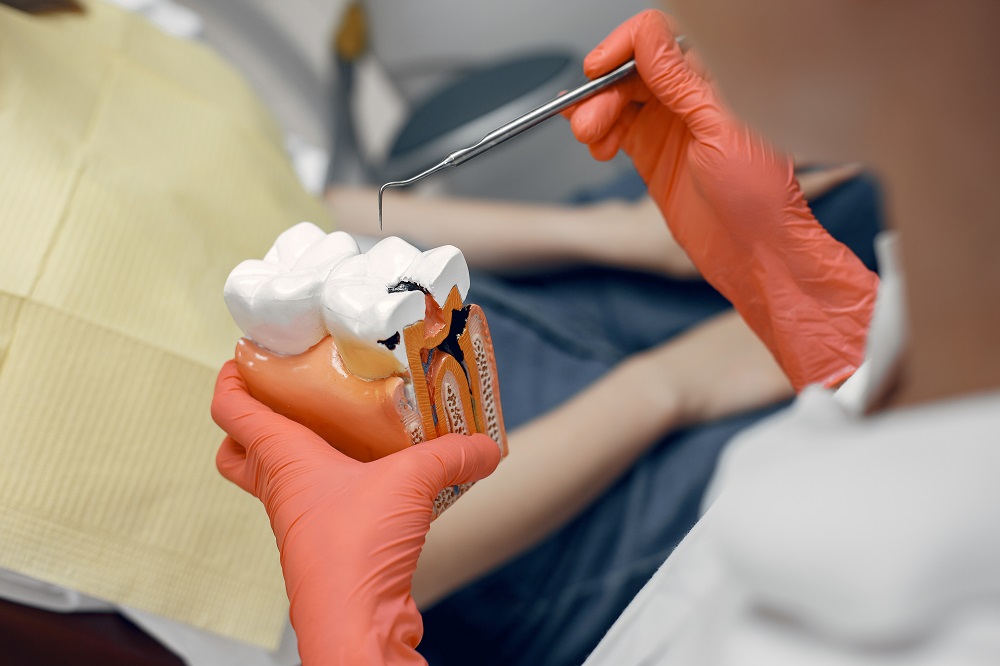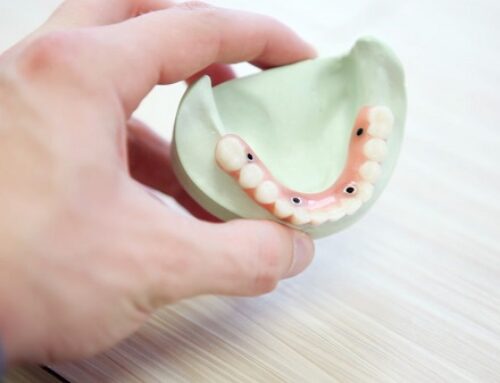When it comes to dental health, the complexities of tooth anatomy can present unique challenges. Some teeth have multiple root canals, a condition known as “multi-canalled teeth.” This raises the question: can a tooth with multiple root canals be treated successfully? In this article, we will delve into the intricacies of multi-canalled teeth, the challenges they pose, and the advanced techniques employed by dentists to ensure successful treatment outcomes.
Delving Deeper: The Complexity of Multi-Canalled Teeth
Multi-canalled teeth, also referred to as “multi-rooted teeth,” are teeth that have more than one root canal in Farmington Hills within a single tooth. While the majority of teeth have a single root canal, certain teeth, such as molars, can have two, three, or even more canals. These additional canals require precise attention during root canal treatment to ensure comprehensive disinfection and successful healing.
Challenges Posed by Multi-Canalled Teeth:
Complex Anatomy:
Multi-canalled teeth possess intricate and sometimes irregular canal systems. Identifying and thoroughly cleaning each canal is crucial to eliminate infection and prevent reinfection.
Missed Canals:
Inadequate identification of all canals can lead to missed infections. If even one canal is left untreated, it can result in persistent discomfort or the need for further treatment.
Accessory Canals:
Some teeth may have accessory canals, smaller passageways branching off from the main canals. Detecting and treating these accessory canals is vital for successful treatment.
Advanced Techniques for Treating Multi-Canalled Teeth:
Advanced Imaging Technology:
High-resolution digital imaging, such as Cone Beam Computed Tomography (CBCT), allows for detailed 3D visualization of tooth anatomy. This technology aids in accurate diagnosis and treatment planning.
Microscopic Endodontics:
Dental operating microscopes provide enhanced visibility within the tooth, enabling the endodontist to locate and treat even the smallest and most intricate canal systems.
Ultrasonic Irrigation:
Ultrasonic instruments use high-frequency vibrations to agitate irrigating solutions, enhancing the cleaning process within complex canal systems.
Nickel-Titanium Instruments:
Flexible nickel-titanium instruments are used to navigate curved canals, ensuring thorough cleaning and shaping without causing damage.
Gutta-Percha Obturation Techniques:
Advanced obturation methods, such as warm vertical compaction and thermoplasticized gutta-percha, ensure a three-dimensional seal within the root canal system.
Success Rates of Root Canals in Multi-Canalled Teeth:
Studies have shown that with the utilization of advanced techniques and technologies, root canal treatment in multi-canalled teeth can achieve success rates comparable to single-canalled teeth. The key lies in the meticulous attention to detail, thorough cleaning, and effective sealing of all canals. If you have a tooth with multiple canals in need of treatment, consult with a skilled endodontist, or consider seeking expertise from a trusted Farmington Hills dentist. This ensures you receive the highest standard of care for your dental needs.
Patient Compliance and Follow-Up Care:
After root canal treatment, patient compliance with oral hygiene practices and regular follow-up appointments are crucial for long-term success. Monitoring the tooth’s healing progress ensures any potential issues are addressed promptly.
Frequently Asked Questions
Can every tooth have multiple root canals, or is it specific to certain types of teeth?
While most teeth have a single root canal, certain teeth, particularly molars, can have multiple canals. It’s not uncommon for molars to have two, three, or even more canals.
Are multi-canalled teeth more susceptible to infections or complications after a root canal?
Multi-canalled teeth present a unique challenge due to their complex anatomy. Without thorough cleaning and sealing of all canals, there may be a higher risk of persistent infections or the need for further treatment.
What happens if an accessory canal is not detected and treated during a root canal procedure?
Accessory canals are smaller passageways branching off from the main canals. If not detected and treated, they can potentially harbor bacteria and lead to persistent infections.
Is it possible for advanced imaging technology to reveal previously undetected canals in multi-canalled teeth?
Yes, high-resolution digital imaging, such as Cone Beam Computed Tomography (CBCT), allows for detailed 3D visualization of tooth anatomy. This technology can reveal canals that may have been missed with traditional imaging.
What steps can a patient take to ensure the long-term success of a root canal treatment on a multi-canalled tooth?
Patient compliance with oral hygiene practices and regular follow-up appointments are crucial. Monitoring the tooth’s healing progress through regular check-ups ensures any potential issues are addressed promptly, contributing to long-term success.
Are there any specific signs or symptoms that may indicate a tooth has multiple root canals?
While it’s not always possible to determine based on symptoms alone, certain indications may include persistent pain or discomfort, especially after a root canal treatment that was presumed to be successful. However, advanced imaging is typically necessary for an accurate diagnosis.
Can a tooth with multiple canals be more challenging to treat than a tooth with a single canal?
Yes, teeth with multiple canals can pose a greater challenge due to their complex anatomy. Identifying and thoroughly treating each canal requires advanced techniques and technologies to ensure successful disinfection and healing. Skilled endodontists are trained to handle these complexities effectively.
Conclusion:
In the skilled hands of experienced endodontists, teeth with multiple root canals can be treated successfully. Advanced techniques and technology have revolutionized the way multi-canalled teeth are diagnosed and treated, leading to high success rates. If you have a tooth with multiple canals in need of treatment, consult with a skilled endodontist who is equipped to handle the complexities of multi-canalled teeth, ensuring you receive the highest standard of care. For exceptional care, consider reaching out to the experts at Pearl Dental PC. You can contact them at (248) 476-4416.







